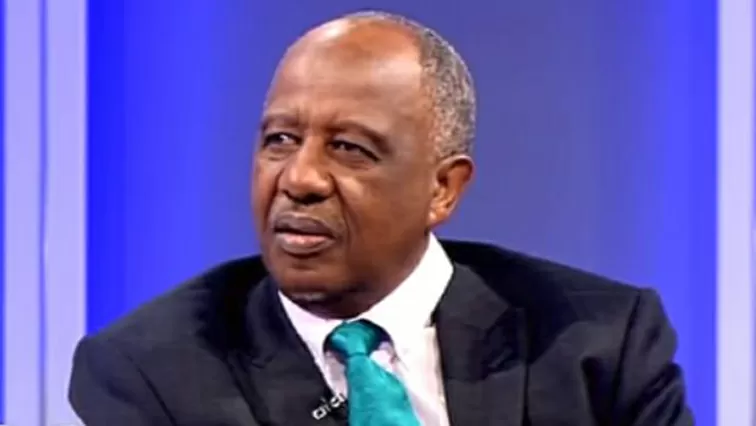Ntsebeza Calls for Inquiry into Political Interference in Apartheid-Era Crimes Prosecution
Former Truth and Reconciliation Commission (TRC) commissioner, Advocate Dumisa Ntsebeza, has called for an inquiry to be conducted into the alleged political interference in the prosecution of apartheid-era crimes. Ntsebeza, who served as the head of the TRC’s investigative unit, has raised concerns about the lack of progress in bringing perpetrators of apartheid atrocities to justice.
In a recent interview, Ntsebeza expressed his disappointment at the slow pace of prosecutions and the lack of political will to hold those responsible for gross human rights violations during the apartheid era accountable. He highlighted the need for an independent inquiry to investigate the role of political interference in hindering the prosecution of these crimes.
Ntsebeza’s call for an inquiry comes in the wake of the recent court ruling that former apartheid-era police officer, Joao Rodrigues, should stand trial for the murder of anti-apartheid activist, Ahmed Timol. This ruling has been hailed as a significant step towards justice for victims of apartheid atrocities. However, Ntsebeza believes that this is just the tip of the iceberg and that there are many more cases that have not been properly investigated or prosecuted due to political interference.
The TRC, which was established in 1995, was tasked with investigating human rights violations committed during the apartheid era and granting amnesty to those who confessed to their crimes. However, the commission’s mandate did not include the prosecution of perpetrators. This responsibility was left to the National Prosecuting Authority (NPA).
Despite the TRC’s efforts, many apartheid-era perpetrators have not been held accountable for their actions. This has been attributed to a lack of political will and interference in the NPA’s work. Ntsebeza believes that an independent inquiry is necessary to uncover the extent of this interference and to ensure that justice is served for the victims of apartheid.
Ntsebeza’s call for an inquiry has been supported by other human rights activists and organizations. The Ahmed Kathrada Foundation has also expressed its concern about the slow pace of prosecutions and the lack of political will to bring perpetrators to justice. The foundation’s executive director, Neeshan Balton, has called for a thorough investigation into the NPA’s handling of apartheid-era cases.
The call for an inquiry has also received support from the families of victims of apartheid atrocities. Many of them have been waiting for decades for justice to be served and are frustrated by the lack of progress in prosecuting these crimes. They believe that an independent inquiry will shed light on the obstacles that have prevented the NPA from fulfilling its mandate.
Ntsebeza’s call for an inquiry is not only about seeking justice for the victims of apartheid but also about ensuring that the country’s history is not distorted or whitewashed. The TRC’s work was aimed at promoting reconciliation and healing, but without justice, this cannot be fully achieved. It is crucial for the country to confront its past and hold those responsible for gross human rights violations accountable.
In conclusion, Advocate Dumisa Ntsebeza’s call for an inquiry into political interference in the prosecution of apartheid-era crimes is a necessary step towards achieving justice for the victims of these atrocities. It is a call for the government to fulfill its responsibility in holding perpetrators accountable and for the NPA to carry out its mandate without any political interference. The inquiry will not only bring closure to the families of victims but also ensure that the country’s history is not distorted. It is time for the government to take action and show its commitment to justice and reconciliation.


